Because of the lack of fuel in the World War II, a lot of cars in Europe was converted to run on firewood. Wood Gas Vehicles were not very elegant but they were ecological and efficient.
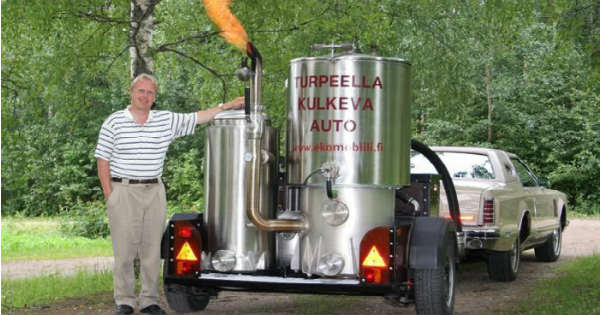
The global warming and rising fuel prices renewed the old interest in this old technology and a lot of handy men constructed and drive their “Woodmobiles”.
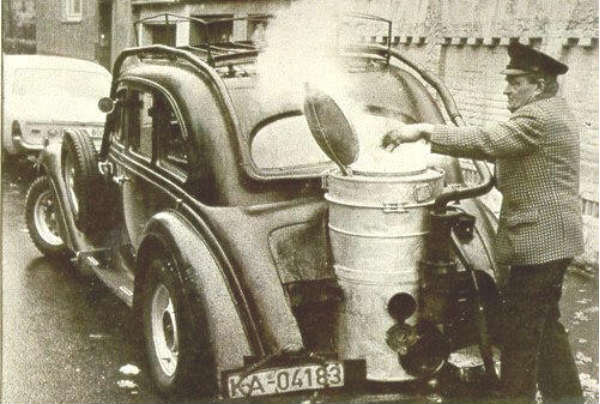
In the process of Wood gasification the wood like an organic material is converted to combustible gas due to the heat. Firewood in the Fuel Tank reaches a temperature of 2,550 Fahrenheit or 1,400 Celsius.

The first use of wood gasification was for cooking and lighting and started in the early 1870s.
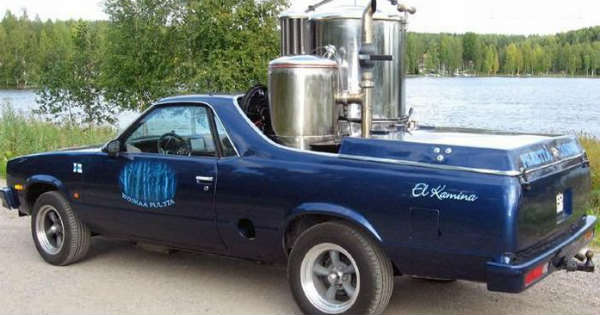
Georges Imbert is the German engineer who developed the wood generator for mobile use back in 1920. In the generator the gases were dried and cleaned before they were fed in the adapted car’s combustion engine.
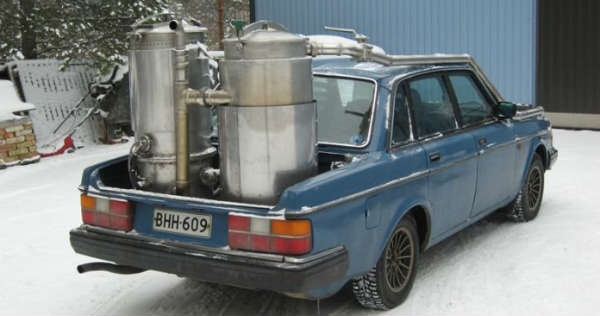
Starting from 1931 the invention from Georges Imbert started to be massively produced. Around 9,000 vehicles used this generator in the continental Europe.

Then in 1957, the Swedish authorities financed a huge research program for wood gas vehicles just in case of a sudden fuel shortage.
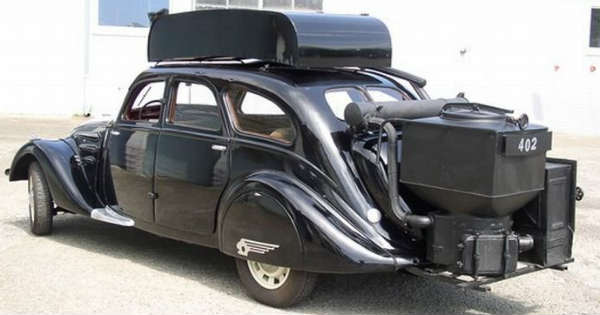
Actually the fuel for a wood gas vehicles is consisted from wood chips, wood and even a charcoal (with 50% of loss in the available energy in the original biomass, but it contains more energy and the range of the car is longer comparing to wood and wood chips).
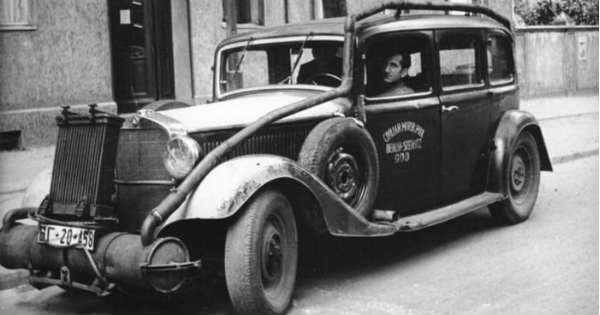
For example the Volvo on Wood Gas reaches a max speed of 75 mph or 120 km/h and the range can be up to 62 miles or 100 km with a fuel tank of 66 pounds or 30 kg.
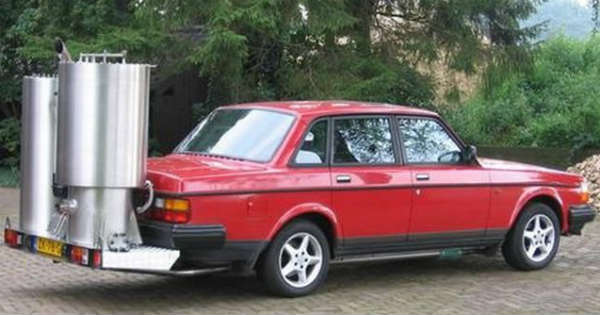
Enlarging the Wood Gas tank is the only option to extend the maximum range of the vehicle for now.
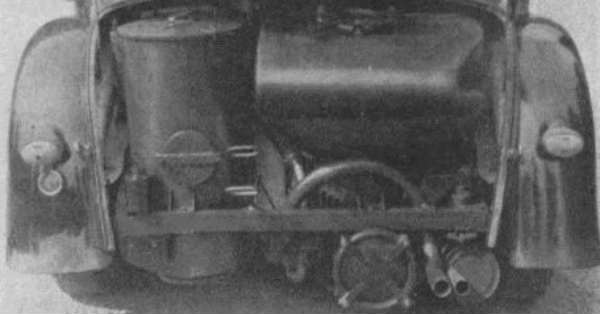
What do you think Does the Wood Gas Vehicles have a future? What are the advantages or disadvantages of woodmobiles? Please share your thoughts in the comment section below.


